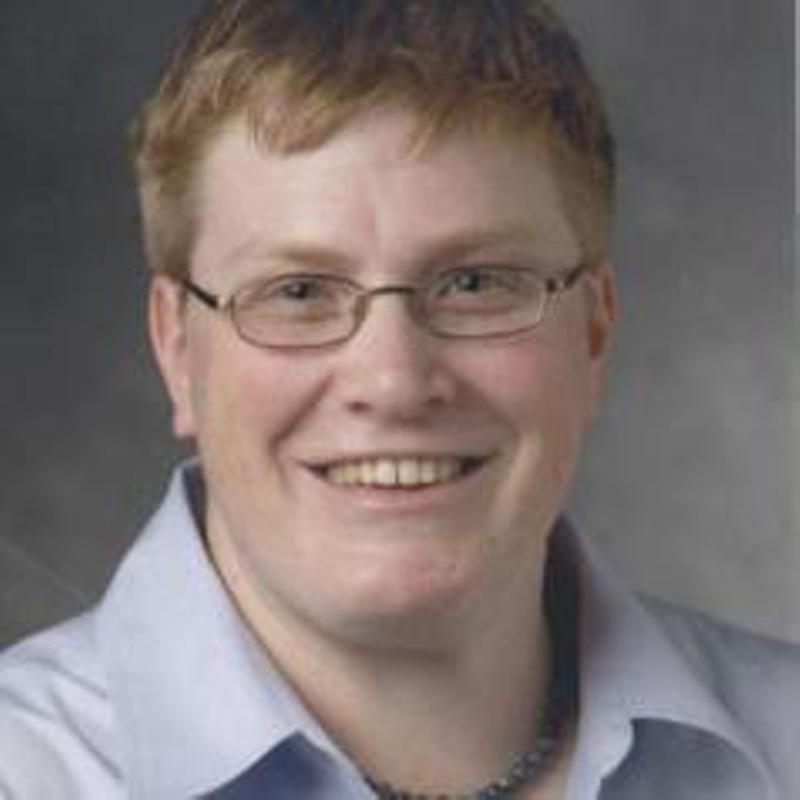Imagine a new school is being built, but it’s amateur builders who get charged with creating blueprints — and the education minister insists it is safe because the ministry “consulted” engineers who in reality had no say.
Sounds absurd. And yet, the drafting of Alberta’s new kindergarten to Grade 6 social studies curriculum is following a similar trajectory. The recently released draft was created through an opaque process that effectively shut out Alberta’s foremost educational experts.
It raises alarm bells because it neglects basic Canadian social studies content, such as major aspects of colonization.
Curriculum experts have also detailed how it contains little skill development, misses the mark on child development and lacks adequate opportunities for critical thinking. It represents a huge step backward.
Who wrote the draft?
These inadequacies result from a process that, despite assurances of transparency and attentiveness to feedback, failed to deliver.
Alberta Education did commission a Leger survey inviting input from Albertans about “what they would like students to learn in new social studies curriculum.” But, despite 12,853 Albertans having their say, many of their priorities, like critical thinking, are poorly addressed in the draft.
While soliciting public opinion is not unreasonable, curriculum design should be more than a popularity contest. Specialized, research-based knowledge is indispensable, which means having the right people at the table during curriculum design. This begs the question of who wrote the draft.
With no named authors, it is reasonable to suppose that the curriculum was written by a few Alberta Education employees under the watchful direction of Minister of Education Demetrios Nicolaides.
There is no indication of what training and experience they might have had — or lacked — for this work, and Nicolaides himself is a political scientist who does not report formal training in elementary or secondary education in the biographical information provided on his website.
Serious curriculum shortcomings
The education minister touts consulting 300 stakeholders in addition to the survey, but by the time Albertan education researchers were finally “consulted,” the written product had already been generated. They had major reservations. The minister nonetheless barrelled ahead, rejecting recommendations and releasing a substantially unmodified curriculum over their objections.
Even after they detailed the abysmal process and serious curriculum shortcomings in an open letter, the minister failed to acknowledge their concerns.
The fact that Alberta Education has ignored advice from those with advanced expertise in social studies education is particularly troubling, given that having a curriculum with a strong research basis is linked to positive student outcomes.
For example, the curriculum in Finnish schools draws extensively on the work of educational researchers. Their schools have some of the highest-performing and happiest students in the world.
Albertan students, by contrast, won’t get a curriculum anchored in solid research.
Teaching, not indoctrination
Why has the UCP dodged meaningful involvement from educational experts, now and in previous curriculum drafting?
The minister isn’t saying, but his decision-making seems right from the American-style far-right playbook, a hallmark of Alberta’s United Conservative Party under Danielle Smith.
The far-right populist view derides experts as elites who aim to destroy what ordinary citizens hold dear. This discourse claims, contrary to evidence, that education professors (and teachers) are hell-bent on indoctrinating children.
But, as the American Association of University Professors explains, “to expect students to comprehend ideas and apply knowledge that is accepted as true within a relevant discipline” is not indoctrination.
Helping students develop knowledge, understandings and skills that are evidence-based and widely accepted in a field — like the fact that residential schools existed — is not indoctrination. That’s solid teaching — and in the case of residential schools, critical for Truth and Reconciliation.
Indoctrination would be if someone insisted students embrace a contestable idea where opinions legitimately vary, as truth. None of the changes that the education researchers are seeking, and that the minister failed to embrace, appear to fall into that category.
Urgent issues, little credibility
Most ironically, this draft doesn’t avoid indoctrination. A Grade 3 outcome states that “Alberta’s natural resources played a critical role in Alberta’s success.” Grade 2 students are supposed to learn to distinguish fact from opinion in the draft, but apparently that distinction is hard for some adults, since that statement — an opinion — is falsely presented as fact.
Focusing exclusively on the benefits of natural resources without critical perspectives or factual information about their role in environmental degradation and climate change will not help students examine an urgent issue from various legitimate perspectives.
Indeed, examining an issue from multiple perspectives is the very kind of critical thinking that Albertans value and that social studies scholars have identified as crucial for students. Others are equally vital, and also largely missing.
Arguably, the very skills students need in order to avoid indoctrination are ones this curriculum hasn’t incorporated.
The education minister had invited more feedback until April 2, though if previous UCP-led curriculum revisions are any indication, this will be ignored.
Still, Albertans should speak up: the current curriculum draft deserves a failing grade. Just as we would not put Albertan children into a structurally unsafe school, we should not subject them to a structurally unsound curriculum.![]()
![]()
Read more: Indigenous, Rights + Justice, Education, Alberta, Environment

















Tyee Commenting Guidelines
Comments that violate guidelines risk being deleted, and violations may result in a temporary or permanent user ban. Maintain the spirit of good conversation to stay in the discussion and be patient with moderators. Comments are reviewed regularly but not in real time.
Do:
Do not: